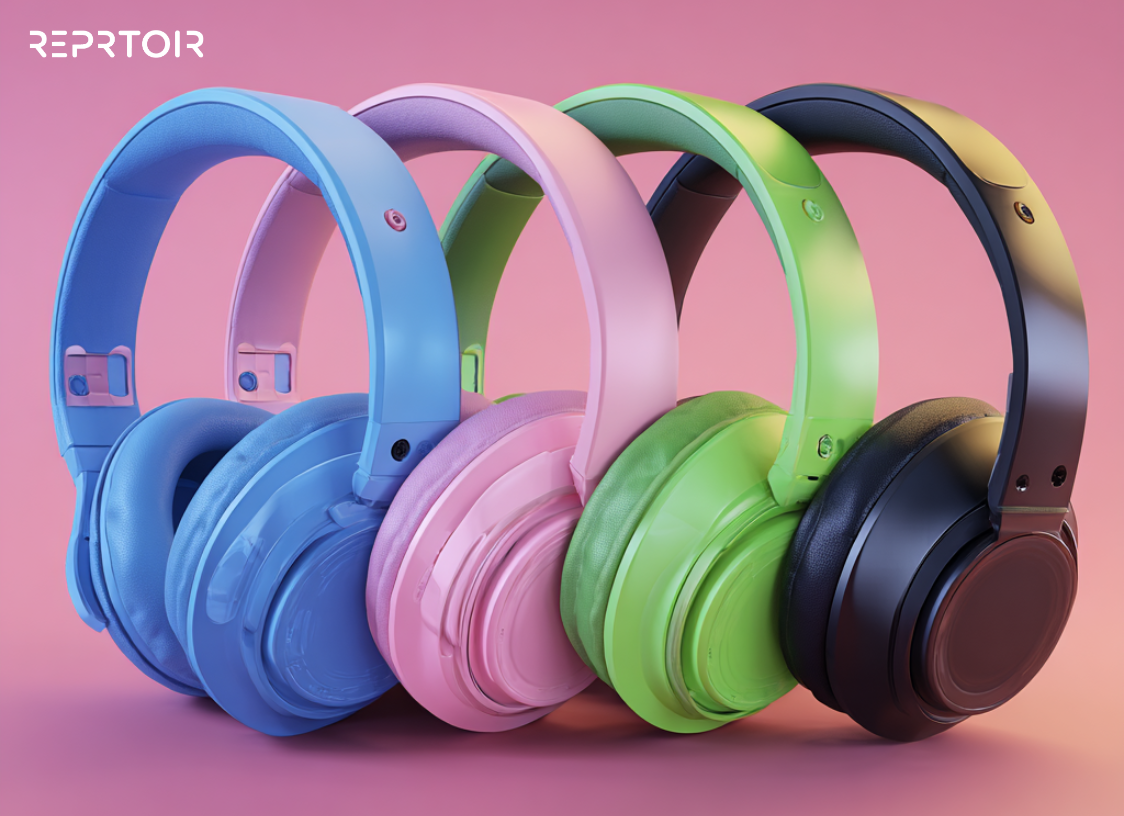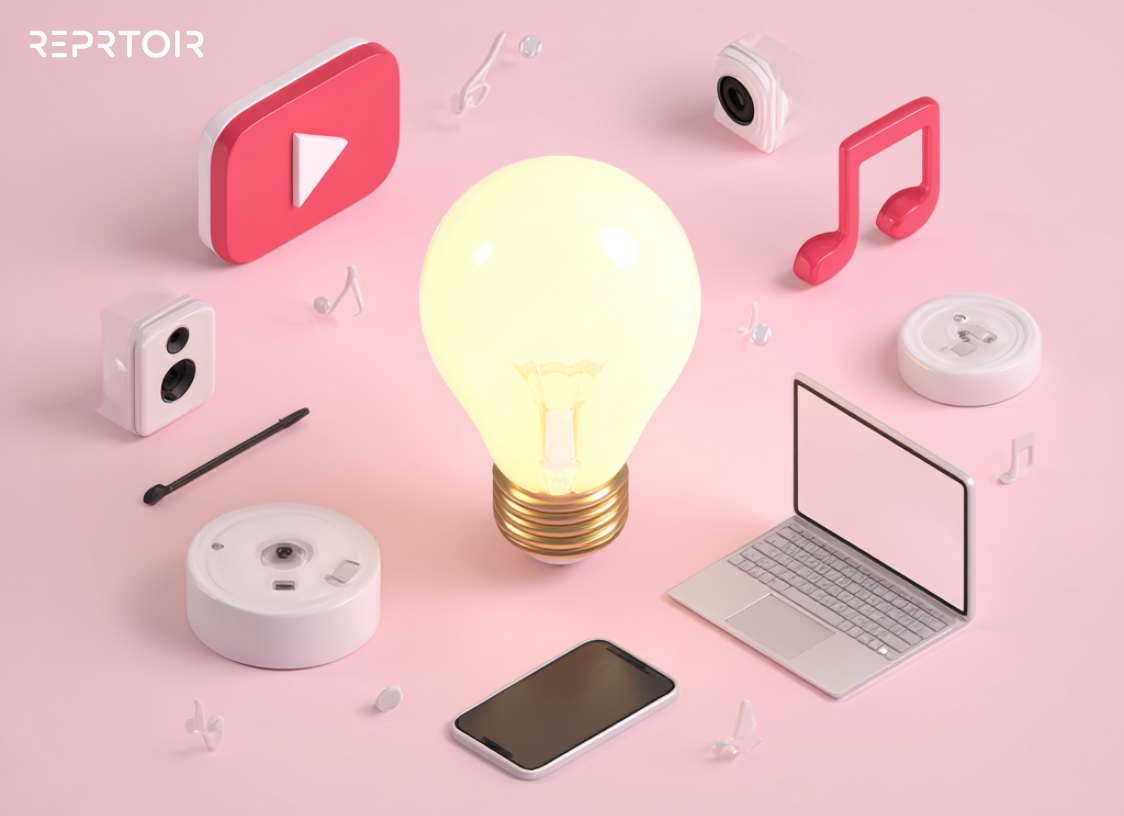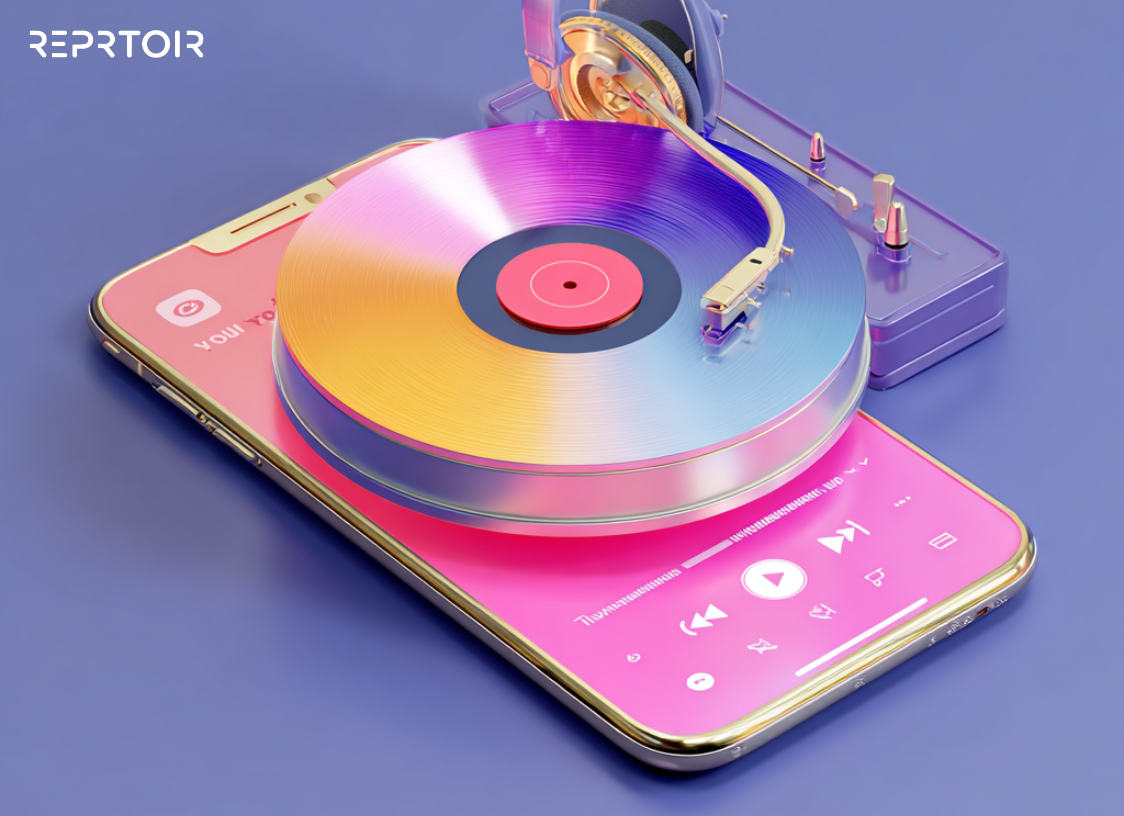For this week, I wanted to take the time and see how the platforms are impacting the music industry’s development. How can we count on them to influence the environment in which artists and professionals evolve today?
#1. What does the Microsoft new acquisition tell us about the content?
It would have been hard to miss the major news of the week: Microsoft bought Activision Blizzard for around $69 billion. Other than the almost obscene amount at stake here, it gives us the opportunity to rethink the relationship between providers (DSP, distributors) and content creators.
Because yes, we are talking about a major platform taking matters into their own hands for the gaming industry. And this gave some reflexion to Music Business Worldwide team. Interestingly, the fact that Microsoft would buy Activision Blizzard doesn’t seem to mean that the most well-known games (such as Call of Duty) will be an exclusivity, but it would rather mean that a Netflix-like platform would grow with an even bigger catalog.
So where would that leave us, music industry professionals? Maybe there is a sign to keep in mind here to understand how vital DSPs have become and how their grip on the industry as a whole is not to be forgotten.
#2. Would Spotify be raising its prices?
Speaking of DSPs, here is a not-so-new topic: the price of Spotify’s subscription. Recently, the fact that Netflix raised its prices in the US and in Canada triggered the topic of Spotify adopting the same strategy.
Contrary to Netflix, Spotify doesn’t create its original content and has to create the deciding attribute with Hi-Res, merch or diversifying the offer (hence the move on podcast, audiobook etc.). But the price has been set for a long time at 9,99€ (we even talked about the “Napster effect”: setting the bar at 9,99 and begging the question of it being viable), and changing the statu quo takes time. Spotify is starting to slowly raise their prices on different types of subscriptions at a very careful pace.
#3. Should we shift the focus from audience to community?
If we take the focus off the platforms for a moment, we have been noticing a clear change for the last few years: the will to connect directly to the fans for artists. Which has been materialized by the direct-to-fans trend, still growing today. But, this implies a lot of commitment for an artist, to always create and share content, regularly and as much as possible.
This is why an alternative is developing: the fan-to-fan trend. With platforms allowing communities to join and interact themselves to create activity in an artist audience, it kind of takes the pressure off to allow creators to slow their rhythm. This would mean a new way of engaging communities, by the community, as MIDiA Research pointed out in their analysis.
#4. Can recognition still go through awards ceremonies?
Pulling the thread a little: the fact communities are key for an artist’s monetization and creation of a strong audience goes a bit further. It’s also the means to a recognition of a creator’s work, which is shifting form.
See during the last years, awards ceremonies have been put on hold and crazily enough, it didn’t seem to be such a bad thing for artists. Awards don’t carry the same return as before, in a context in which the goal is to create a community and get a return of the investment put into the creation, these ceremonies don’t have a great impact. The attention span is shorter, the ceremonies are less attractive than before and in the end, lack adaptation to the current environment.
#5. What is Utopia going to do with Proper Music Group?
Well, launch their very own distribution service! With the acquisition, Utopia would be able to add a new division working on the digitization of processes, such as “distribution and sales, manufacturing, digital distribution services, marketing for creators and performers, digital retail marketing, reporting and budgeting, real-time analytics, and synchronisation”.









